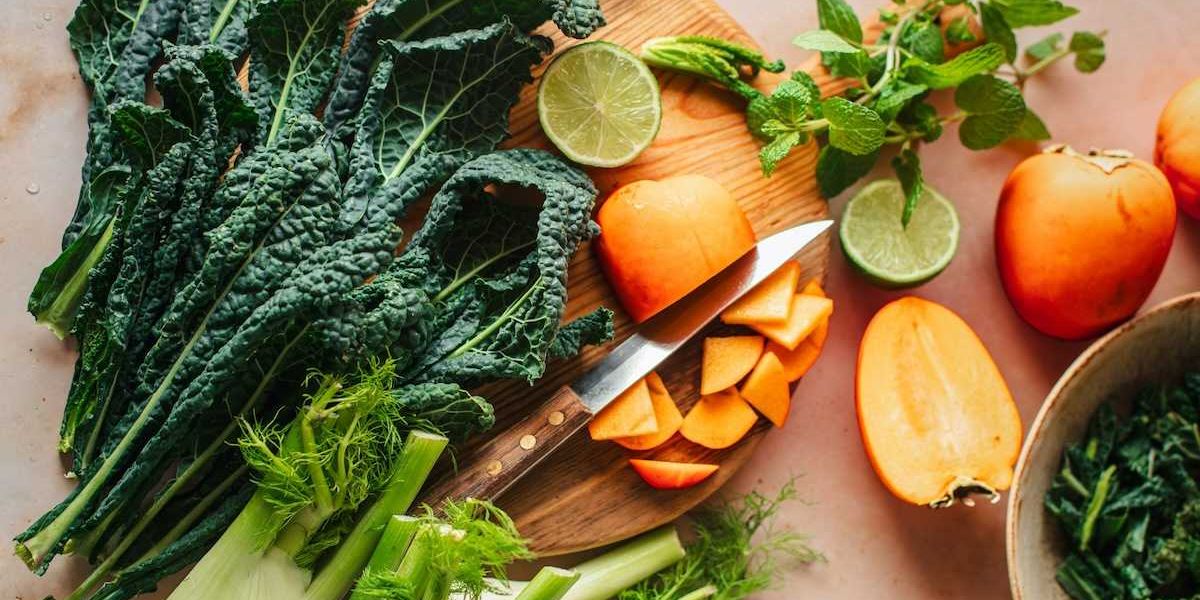Heavy rains threaten traditional Oneida corn harvest
Torrential spring rains devastated the Oneida Nation’s white corn crop in Wisconsin, posing challenges for Indigenous farmers as they face increasingly unpredictable weather linked to climate change.
Melina Walling reports for The Associated Press.
In short:
- Unseasonable rains wiped out much of the white corn, a culturally significant crop, leaving little to harvest.
- The Oneida community is adapting by using sustainable farming techniques like cover crops to improve soil resilience.
- Despite their efforts, traditional methods struggle against the unpredictable climate, impacting both crops and cultural traditions.
Key quote:
“We’re really up against some pretty serious odds with climate change. There’s a lot at stake.”
— Lea Zeise, co-coordinator of Ohe·láku, a non-profit that works with the families planting crops
Why this matters:
The Oneida people rely on white corn not just for food, but for cultural and communal events. As climate change worsens, Indigenous farming practices, though rooted in sustainability, may not fully protect crops from extreme weather, threatening both food security and cultural preservation.
Related:













